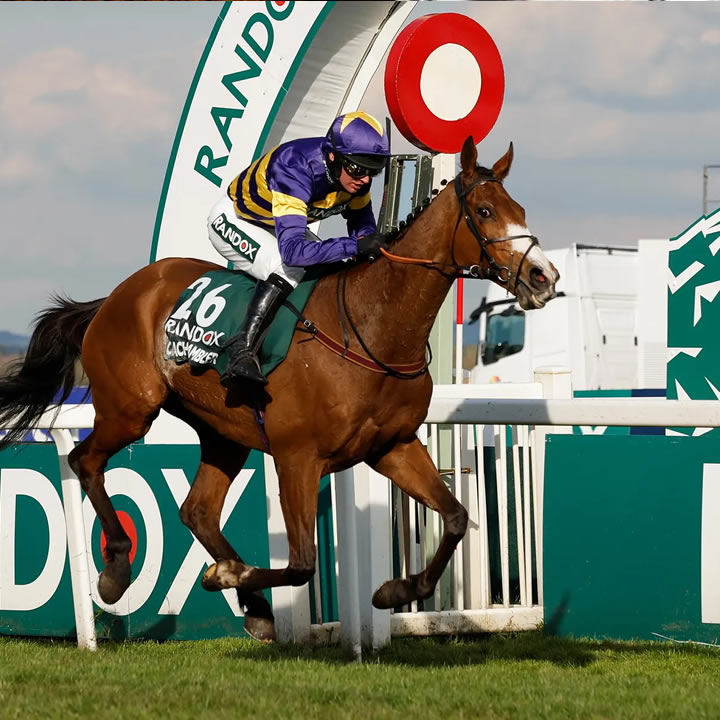The Grand National is a tough race to win and only nine horses in the history of the 183-year event have managed to win successive meets. Red Rum is the only horse in history to win the National three times, highlighting the difficulty in repeat success. It shares a degree of commonality with the Triple Crown in the United States.
Although the Triple Crown competes over the course of a season, it still places a high demand on horses to remain flawless in all three races of the Triple Crown: the Kentucky Derby, Preakness Stakes, and Belmont Stakes.
It’s arguable that remaining at the peak of your powers over three races of different lengths and racecourses is a tougher challenge, but the data does that reflect that.
There have been more Triple Crown winners in the United States in the modern era than successive winners in the Grand National. We’ll now look at why it is so difficult to have repeat success in both feats.
The Grand National
In the 2023 Grand National, Noble Yeats was one of the leading contenders at 16/1 in the odds for betting at the Grand National.
Although he finished fourth in the contest, it highlights that you might want to check the previous winner of the race and stay away from their odds unless they’re truly a horse of the highest caliber.
Since the Second World War, only two horses have won the Grand National in successive years. Red Rum was the legendary horse of the 1970s, winning the event an incredible three times along with a second-place finish. He claimed back-to-back victories in 1973 and 1974.
It took 45 years for another horse to emulate his feat when Tiger Roll produced successive victories in 2018 and 2019, edging out Pleasant Company on the line for his first win before dominating the field the second time around.
There were a couple of close calls, but no horse was able to make a serious challenge before Tiger Roll. There are so many things that can go wrong at the National, with 30 fences and 40 competitors on the field. If your jump is a fraction out, it can mean catastrophe for horses and jockeys.
Therefore, it probably is harder to win the National in successive years than a Triple Crown.
Triple Crown
After the Second World War, there was a glut of Triple Crown victories in the USA as Assault and Citation claimed the crown in 1946 and 1948.
There was a 25-year wait for the next horse in the form of the legendary Secretariat, the greatest American racehorse in history before Seattle Slew and Affirmed followed in his footsteps in 1977 and 1978.
Much like the National there was a long wait for the next Triple Crown winner. It took 37 years and American Pharoah to display consistency, speed, endurance, and pace to win all three events in 2015 for trainer Bob Baffert, jockey Victor Espinoza and owner Ahmed Zayat.
Justify then came along in 2018 to sweep through all three races with a flourish to etch his place in history.
The Triple Crown does demand excellence throughout the season, although there is not a great deal of difficulty in the increased distance between the Kentucky Derby, Preakness Stakes, and Belmont Stakes. However, one setback during the season can end your charge either due to form or injury.
Verdict
It is a close one to call, but considering that the Grand National has had so few repeat winners in history, it appears to be a harder accomplishment to win successive races at Aintree.
If you do find a gem of a racecourse in the United States you’ve got a great chance to achieve the Triple Crown, although unearthing that special talent is a challenge. If we’re picking one over the other, the Grand National is a harder race to win twice rather than a sweep of all three American Classics.

